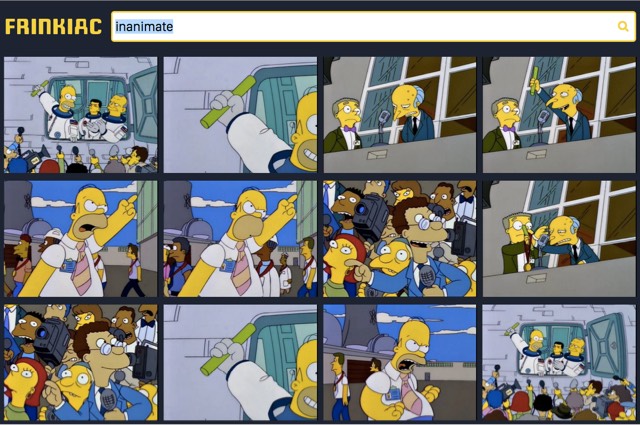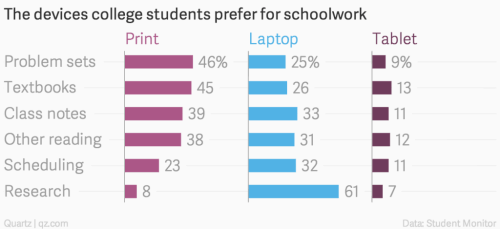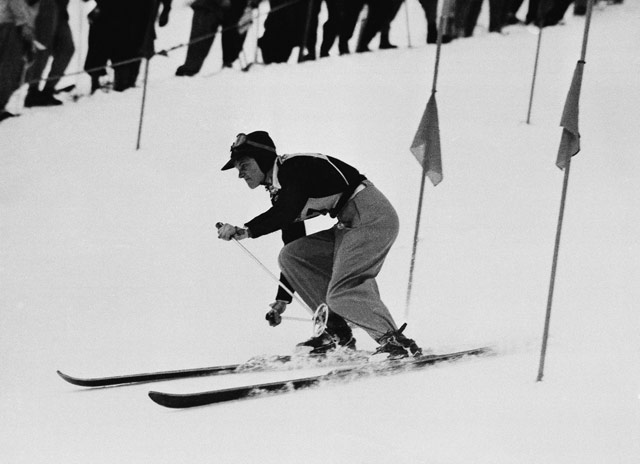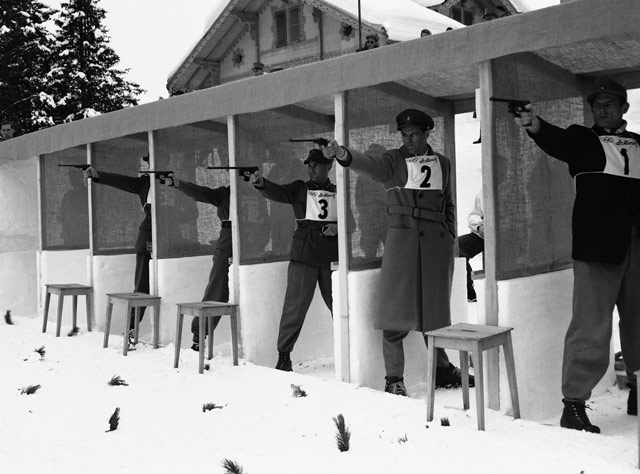As I've been working on
writing my book and hitting these mental milestones (40,000 words felt like a lot, then it felt like a lot to rework my outline, then it felt like I'd hit a mountaintop at 55,000 words and counting), I've been thinking a lot about the way we talk about and promote books to readers.
Then in today's Shelf Awareness,
I saw this about the "book grapevine." Click through and read it because it isn't long.
In short, the book gets great promotion on the ground level, then it gets promotion from a big-name person in the field or industry, that word gets to a reader who then suggests the book to, in this case, a book seller (and you can swap book seller for librarian or teacher or any other reader advocate), who then reads the book and they themselves do ground-level promotion of the title, too.
It gets the word about a particular book out there and does so fast. This is fantastic, especially for books that are really good (as is the book in this particular instance).
I blogged a few months ago about the
value of and importance of good reader's advisory. One of the things I am striving for in writing my own book -- a guide for readers and librarians and teachers and anyone else who promotes books with readers -- is to make really strong reader's advisory recommendations. This means I have done a
lot of reading, and not just of the books themselves, but I have kept my eye out on book reviews for titles I know I won't get to. These are books that pop up on my radar as titles that would reach a certain type of reader looking for a certain type of book. I read these reviews with interest, not only for the reviewer's take on the title, but also their own comparisons of the title. Because I love seeing how different people approach recommending books, too.
Thinking back on the idea of the "book grapevine" and thinking about how there are a lot of people who simply aren't big readers or who happen to take the chance to read a book outside their comfort zone for whatever reason, I wonder how many times we go for the very easy reach.
You know what I'm talking about.
The easy reach is that book which requires little thinking to recommend. It's the book that
everyone is talking about or it's the book by an author who
everybody knows or who is at least recognized as a "big name" within their respected genre.
Often, these are the books which do end up on best seller lists or are books that have a sizable chunk of publicity behind them or end up in the right hands at the right time and those right hands happen to be other leaders or well-known names in the genre who can then speak to the title's strengths and merits. These books have value to them and readers often find themselves loving them. Don't get me wrong on that.
But they're also easy reaches because they're the books that already have a stamp of approval on them, either through their marketing effort or through who has heralded them.
This isn't to say that easy reaches aren't good books for many readers. They often are. Many times, they can be an awesome introduction to a genre or an excellent way to lure readers in who may otherwise be reluctant for any number of reasons.
But book grapevine? I'm not so sure. It's not really a grapevine if the book is the easy reach.
The point of this post and the point of my thinking about it is that we need to be better about getting out of the comfort zone. Sure, know those best sellers. Know the books that your readers are asking for. But it's as important -- if not more important -- to know about those other books. The ones that aren't getting a lot of press for them or that are backlist titles and have sort of fallen out of the sphere of memory in light of those shiny new titles and those easy reaches. It's important to go beyond the end cap titles and explore the shelves. To browse. To discover.
Readers who become the best reader's advisors and the strongest advocates for reading and books are those who
seek out the books which aren't the easy reaches. They're the ones who can see the value in those titles and know that they're the books which WILL reach many readers because of their strengths or accolades or the endorsement from well-knowns (Oprah, for example, or in the YA field it's someone like John Green). That's not to discredit the books or those speaking on their behalf.
It's just that they are easy reaches.
I challenge you to go out on a branch if you're a reader. Try something new. Try something that's been out for a few years. Try for a book that's a debut and not getting a ton of attention. Look for those books and read them, then think about the appeal factors in those books that would line up with what another reader would want. Recommend those books. Readers aren't always looking for the newest titles or the shiniest ones. Nor are they always looking for those easy reaches.
Sometimes a reader wants the right book for
them. The more you read, the more you reach out, the more you explore, the easier it is to figure out that sometimes, it's not all about the Dan Browns, the Stephanie Meyers, or any other number of big name, easily recognizable authors. It's hard and time consuming but it is worthwhile. It's
satisfying, both for you as a reader and those readers into whose hands you will press that just right title.
When you get beyond the buzzed titles and you instead work to meet reader with right book -- that's the true book grapevine. Because when that reader finishes the book, they'll pass it along to the next right reader, too.




 SELF-e is the partnership between Library Journal and Charleston, SC’s BiblioLabs. A BiblioLabs product, Biblioboard, is a platform that seeks to bring (among other things) self-published works into the library ecosystem.
SELF-e is the partnership between Library Journal and Charleston, SC’s BiblioLabs. A BiblioLabs product, Biblioboard, is a platform that seeks to bring (among other things) self-published works into the library ecosystem.



